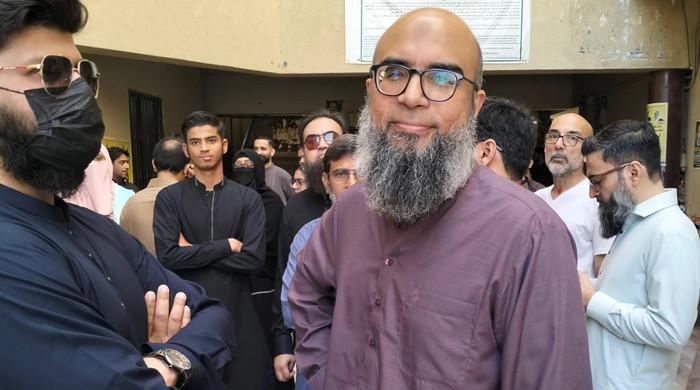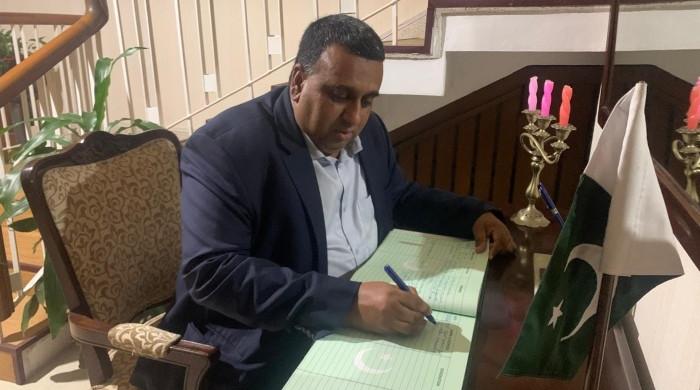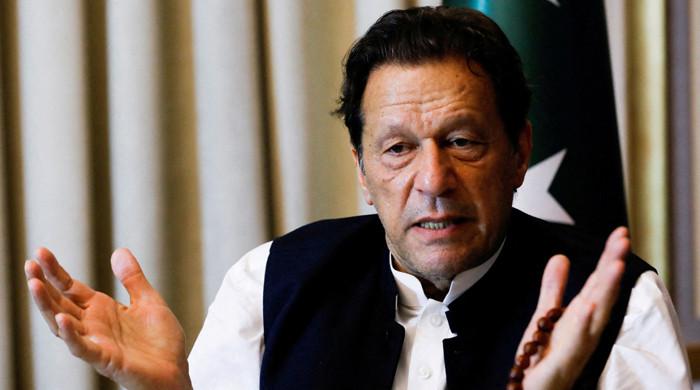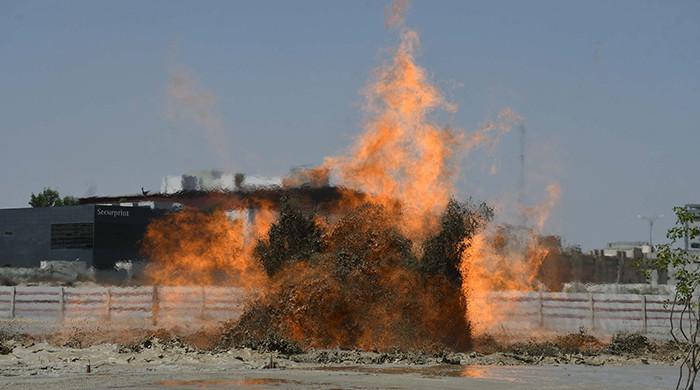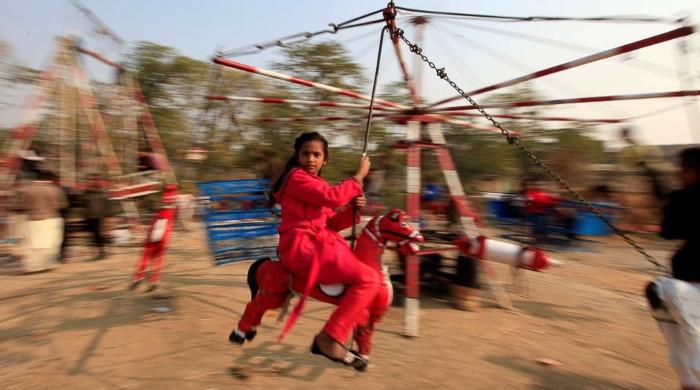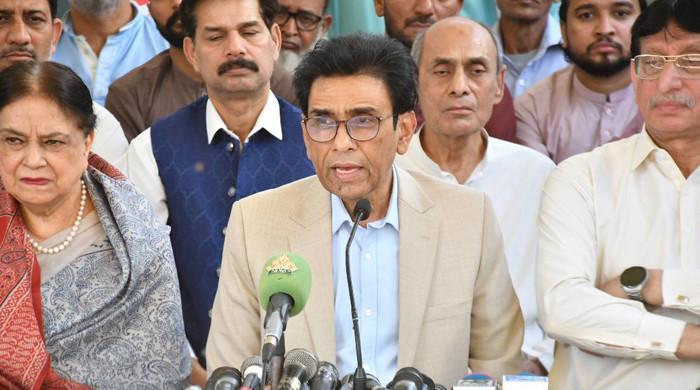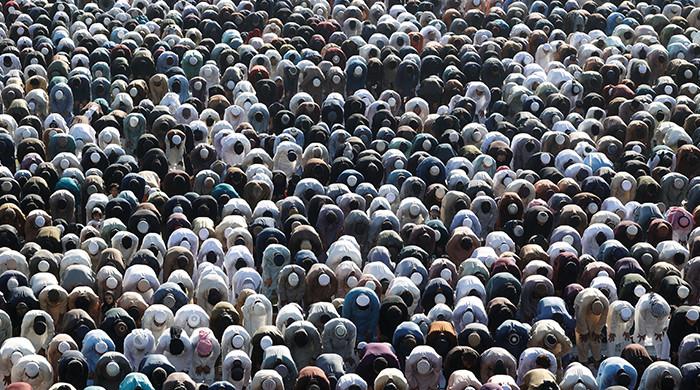'Our hearts bleed for you': For Karachi family, India's struggle with COVID-19 feels personal
To the Dehalvi family, split between Karachi and New Delhi, the deadly new coronavirus wave in India is a shared concern
April 29, 2021
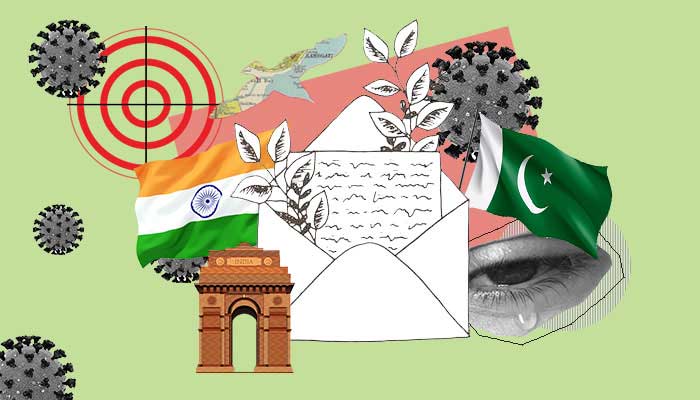
As India buckles under a deadly new wave of the coronavirus pandemic, its struggles are affecting some families this side of the border on a deeply personal level.
"Our hearts bleed, not knowing how you and our family there are keeping. What can I do for you, being so far away? This helplessness weighs heavily on me," Shakeel Dehalvi, 72, recently wrote to his only surviving sibling, Tabassum Begum, in New Delhi.
As pictures, videos and stories of India seemingly collapsing with the dreaded sickness reach Pakistani homes, the emotive letter captures the personal anguish felt by thousands of families this side of the border.
Coronavirus has affected over 17 million people in India and killed nearly 200,000. The healthcare system in the country — especially in New Delhi, the Indian capital — appears to be on the brink of collapse as a surging number of infections overwhelms available resources.
Hospitals have run out of oxygen tanks and other critical equipment needed to treat severely ill patients, leaving hundreds to die in parking lots and hospital waiting areas as they wait for medical attention.
Images and videos of India's struggles have shocked neighbouring Pakistan, with not only ordinary citizens, but the government itself sending prayers and offers of assistance despite icy relations between the two rival nations.
However, for some, the worries go beyond the humanitarian concerns.
"I have worried endlessly these past few weeks as more and more people in India, particularly in New Delhi, have fallen sick with the coronavirus," Dehlavi writes to his sister residing there.
The brother and sister had last met in Pakistan almost four years ago. They had seen each other in person after a gap of many, many years.
Dehalvi, an only brother among three sisters, had migrated to Pakistan in 1948, a year after Partition split the two countries apart.
He came to the new country with his elder sister and settled in Karachi. The two had left their mother and two younger sisters behind in New Delhi.
Tabassum Begum was the youngest of the sisters. She is all that survives of Dehalvi's family.
Though Tabassum herself has not contracted the virus, the larger family hasn't been spared.
"How are Nasir bhai and Javed bhai's wife? How are their children? You ought to take take of yourself, Siraj and Nosheen. Take care of your granddaughter, and take every safety precaution."
"We ought to collectively seek repentance and mercy from God. We ought to pray that He spares [...] our relatives from this disease and keeps us in His protection."
"Remember to give charity and encourage others to do so as well. Charity wards off evil and sickness. Remember to give and tell others to give as well."
"May God protect us all from this disease," the letter concludes.
The response is brief, and does not bring glad tidings.
"Nasir bhai and Mrs Javed are not well. They are in the hospital."
"God-willing, I will remember to give in charity."
"Your prayers are priceless for us. Don't worry, we will keep taking precautions," it says.




